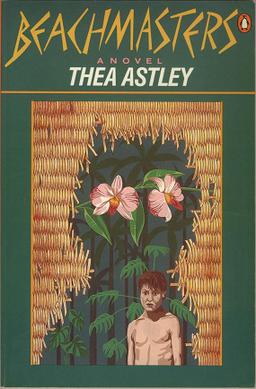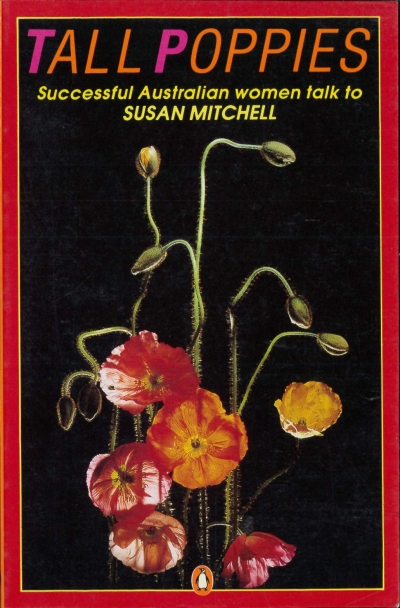Archive
Memory Ireland: Insights into the contemporary Irish condition by Vincent Buckley
I saw an elderly, quite famous poet sitting all forlorn on a large boulder, neither quite inside a lecture room nor quite outside on the leafy lawn.
Her location, and the droop of her shoulders said, See, I am alone. I knew her, I had taken her once on a short publicity round in Sydney, years ago: should I stop and say, Remember me? Remember that book you wrote, how we thought it might change things, and perhaps it has.
... (read more)A tense moment in this household is when two of my children produce books to be read. Mercifully, the Mr Men and the more excruciating of the Golden books have been mysteriously mislaid; and we have gone beyond whiffy Miffy. It is a delight to return to Aranea and John Brown and the Midnight Cat, by Jenny Wagner and Ron Brooks; to look again at Possum Magic by Mem Fox and Julie Vivas. And a bit sad to realise that the great achievement of contemporary children’s fiction is not given enough serious recognition in the community at large.
... (read more)





